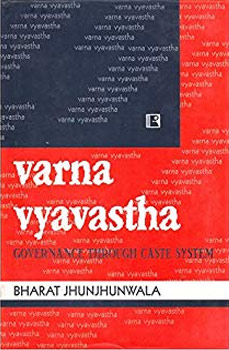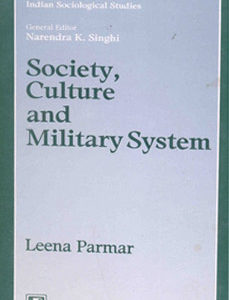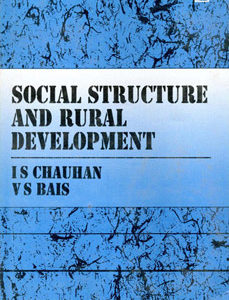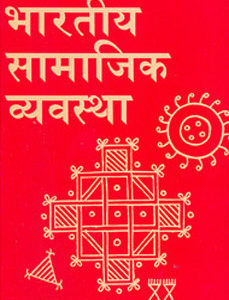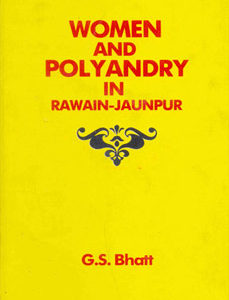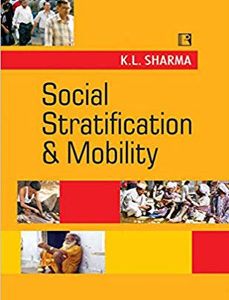VARNA VYAVASTHA: Governance through Caste System
₹995.00 Original price was: ₹995.00.₹796.00Current price is: ₹796.00.
25 in stock
Varna Vyavasta: Governance through Caste System analyzes the varna vyavastha from the standpoint of governance. It shows that varna vyavastha reconciles the conflicting claims of evolution of individual and good governance in a synergetic manner.
Crucial to varna vyavastha is the concept of the Brahmin. A Brahmin is defined as a desire-based category and not as birth-based one. He is a person who has fulfilled his desires of physical pleasures, wealth and power and is now engaged in the pursuit of self-knowledge. He has no worldly desires to fulfill therefore he alone can check the tyranny of the politicians. The book gives a call to the ‘Brahmin’ so defined, spread over various occupations and including those among the dalit, to become conscious of their historical task of containing tyranny of the state and discharge the same.
Besides, the thoughts of notable historians like D.D. Kosambi and G.S. Ghurye; political leaders like B.R. Ambedkar, Mahatma Gandhi and Ram Manohar Lohia; and western philosophers like John Locke and Karl Marx have been examined to show how these affirm the concept of varna vyavastha.
Administrators, political scientists, social scientists and general readers will find this book of great interest.
| Author's Name | |
|---|---|
| Binding | |
| Release Year | |
| Language | |
| Publisher |
Related products
Sociology
Sociology
Sociology
Sociology

